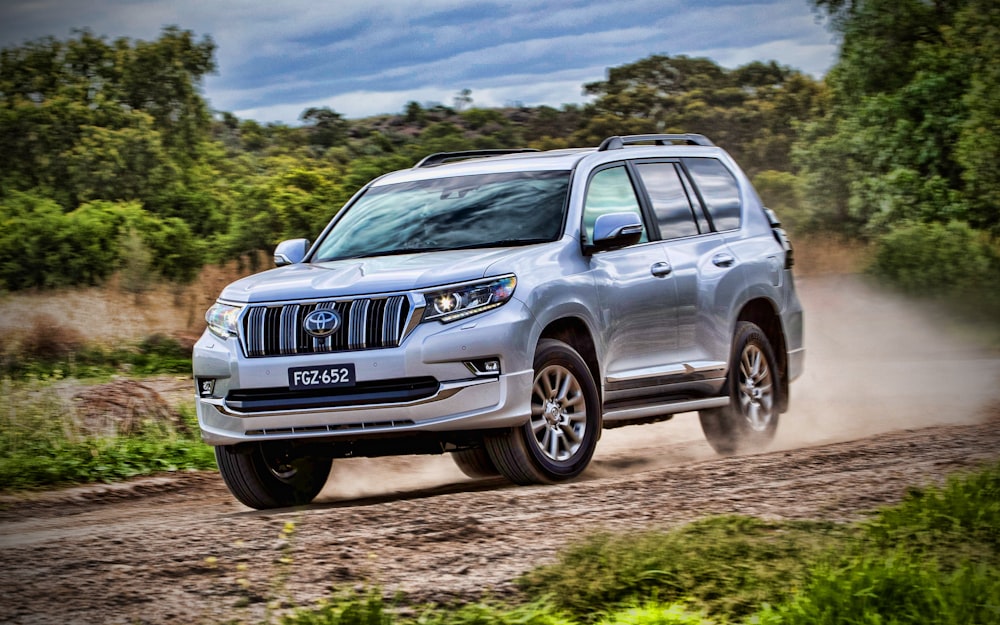For many young people, buying your first car is seen as one of the great rites of passage that is a step into the next stage of freedom in your life. Once you have your own car, the world is quite literally your oyster and there is nothing to stop you from finally taking all of the trips that you never could before!
Even if you are not so young, your first car is still a milestone. As a mature adult, becoming a first-time car owner might be due to a significant circumstance that heralds a new chapter in your life.
Of course, securing your very first car is not something that should be taken lightly, as there are plenty of issues of ownership that you need to make sure you check out before putting pen to paper on any car purchase.
Car buying is one of the most fun and interesting things that a person can do for themselves, but at the same time, it is also a task that demands thorough care and attention with countless different details to consider.
From interest rates to down payments, credit scores to car prices and financing options to gas mileage to deciding on what kind of car you even what to test drive, there is so much to address!
We are here to help you through the process to ensure that you end up with a new vehicle that perfectly suits all of your needs, one that you will be proud to post all over your social media!
With all of this in mind, here are ten top things that you should be considering before you make the decision to buy your first car.
1. Set A Realistic Budget
It can be very easy to get carried away when you visit a car dealership and see everything that is on offer, but you definitely need to make sure that you select a vehicle that has a manageable purchase price for your personal circumstances.
You need to be realistic about your life situation right now because not everybody has a sufficiently good credit report to be accepted for a car loan that might make a more expensive purchase possible.
You will probably need to make the big decision of whether you can afford a new car or will have to set your sights on a used car as your first vehicle.
Have a good look at your finances and decide on a realistic figure you can afford. You shouldn't stretch yourself too thin just to become a car owner.
2. Be Aware Of Your Monthly Expenditure
Your realistic budget should be based on the monthly payment you are comfortable with. Remember, the finances of being a car owner aren’t just related to the purchase of the vehicle. There are running costs including insurance and fuel to add to your regular monthly expenses.
The last thing you want to do is fall in love with a new or used vehicle only to find that you can’t afford it, so relay your monthly payment information to the dealer and they will help with a selection of options that fall within your price range.
3. Figure Out What Your Transportation Needs Are
Don’t just go on the lot and find the best car, you need to make sure that you find the best car for you.
Think about your lifestyle and your day-to-day activities, and then find a car to match those needs. For example, if you need a car because you need to ferry the family around, then consider an SUV or minivan. If speed and solo travel is more your style, then perhaps a sports car could fit the bill. If you want a vehicle for your business, maybe a car with a large capacity trunk is what you look for.
The car buying process is all about find a car online or at the car dealers that will fit the best into your lifestyle, not necessarily just picking the most impressive model available.
4. Prioritise Your Wants
Think about all of the things you are looking for as a first time car buyer and then rank them in order of importance. It might be fuel economy or a large engine, for example. Maybe you are dead set on an American-made model rather than an import.
Take the first three or four on the list and relay them to the car salesperson, and they will be able to point you in the right direction. There is no point in stretching your finances in order to afford a car that isn’t even the best fit for you.
5. Do Your Research Beforehand
It is always best to go car shopping with some knowledge of what you are looking for because that is the best way to protect yourself from being taken advantage of.
This is especially important if you choose to buy from a private seller rather than a car dealer. Private sellers are not necessarily as forthcomingly honest as professional car salesmen.
If you are clued up before you start the process, then you will at least be able to make a considered judgment.
If you are a complete novice, it is advisable to take someone with some knowledge or experience along with you. You can also engage a mechanic who can check over any vehicle for you before you make a decision.
6. Use A Conveniently Located Dealer
There are literally thousands of car lots to choose from across the country, but the best thing to do is to pick a place located a convenient distance from your home.
There are a few different reasons for this. For example, it is helpful to be close by should you need to invoke the warranty for any reason. It is also easier to take a test drive.
Another benefit of being connected to a dealership nearby is that it is easy to get to if you ever want any upgrades.
If you are relying on finance of any kind, buying from a dealer is a much easier transaction than buying from a private seller. If you buy privately, you might be able to negotiate on price but you will have to have the money ready to make an immediate payment in full.
Dealers are most often affiliated with one or more lenders such as banks, local credit unions and finance companies so are able to deal with the transaction from start to finish with the option of an auto loan and monthly payments.
7. Always Take A Test Drive
You absolutely need to take a test drive of any car that you are seriously considering purchasing, this is just pure common sense!
It is good to be able to get a feel of the vehicle and experience all of the various safety features before you commit to a purchase.
If you wish to buy online, ensure the seller offers a test drive period. This is usually up to a week after delivery. Good and reputable online car sellers will deliver the car and pick it up should you deem it not suitable.
It is also important to see and comprehend the vehicle history report
8. Make Sure To Determine The Proper Purchase Price
Take your time to shop around and see what your desired car is worth before settling on the first one you see. You might find a better deal by looking through all your options!
9. Understand All Of Your Financing Options
Compared to 50 or so years ago, financing options are much more varied and accessible now than they used to be.
Sure, if you can pay cash outright for a new car, then that is definitely the cleanest way to go about it, but that just isn’t a realistic option for most people who need to juggle their finances from month to month.
What kind of finance you are offered will depend on a number of factors including your credit history, amount of savings, job security, and what kind of deals and car payment options your dealer offers. If you want to add car insurance to the mix, then that can also be something to connect with your financing options as a wider package.
The thing to remember is that you should never let a dealer trick you into thinking that paying cash upfront is the only way to do it!
10. And Finally, Remember To Enjoy Yourself!
One of the biggest incentives for passing your driving test is to one day finally be able to buy your very own car, so make sure that you savor the moment!
There might be large amounts of money being transferred, more money than you have ever spent on anything in your life, but try to see the excitement in the process as well as the more serious parts. You are about to get your very first car, it is a huge, memorable moment!
If you want a hassle-free experience for your first car purchase, IMX Auto offers leasing on any make or model. Contact us today to get a quote!








